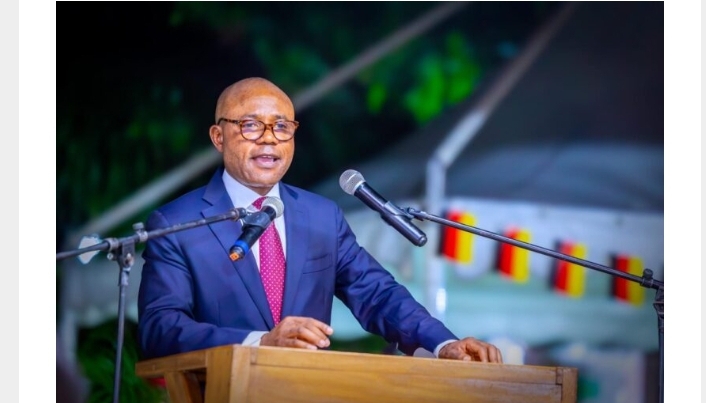By Harrison Obetta
In a nation where the adage “whatever goes up does not come down” has long been accepted as a harsh reality, Nigeria is witnessing an unprecedented transformation under the visionary leadership of President Bola Ahmed Tinubu. For the first time in recent memory, the prices of essential food commodities have plummeted by up to 40%, offering a refreshing contradiction to the once-immutable belief.
A recent survey across major markets reveals this remarkable decline. In Lagos, the economic heartbeat of the nation, a 50kg bag of foreign parboiled rice now sells for ₦85,000, a significant drop from ₦110,000 just five months prior. Similarly, a big basket of fresh tomatoes has seen a dramatic decrease, now priced at ₦35,000, down from an average of ₦120,000. The price of a 4-litre paint container of garri has also fallen to ₦2,500 from ₦3,500 over the same period.
This substantial reduction in food prices is a direct testament to the effective economic policies implemented by President Tinubu’s administration. Upon assuming office in May 2023, President Tinubu embarked on a series of bold reforms aimed at stabilizing the economy and alleviating the financial burdens on Nigerians. These reforms have not only spurred economic growth but have also led to tangible benefits for everyday citizens.
The impact of these price reductions cannot be overstated. Households that once struggled to afford basic staples now find relief in their daily expenses. For instance, a mother of four in Lagos expressed her gratitude, noting that the drop in prices of beans and garri has allowed her family to “eat better now than before.”
This positive trend extends beyond individual households. The broader economy stands to benefit as well, with the Central Bank of Nigeria considering interest rate cuts in response to easing inflation pressures. Such measures could further stimulate economic activity, creating a virtuous cycle of growth and prosperity.
President Tinubu’s administration has also demonstrated a keen understanding of the need for comprehensive solutions to complex challenges. The removal of the petrol subsidy, though initially painful, was a necessary step toward fiscal sustainability. To mitigate the impact on transportation costs, the government launched a compressed natural gas (CNG) program, aiming to reduce transport expenses by almost 50%. This initiative not only leverages Nigeria’s abundant natural gas reserves but also offers a cleaner alternative to traditional fuels.
The administration’s commitment to reform is further evidenced by its ambitious tax reform plan. Aimed at curbing inflation and reducing costs for households, the plan proposes nearly doubling the value-added tax (VAT) to 12.5% by 2026, with exemptions for essential items such as food and medicine. This strategy ensures that the most vulnerable populations are protected while enhancing government revenue for critical investments.
The remarkable drop in food prices serves as a compelling indicator of the positive impact of President Bola Ahmed Tinubu’s leadership. Through decisive action and strategic reforms, his administration is not only challenging long-held beliefs but also paving the way for a more prosperous and equitable Nigeria.





